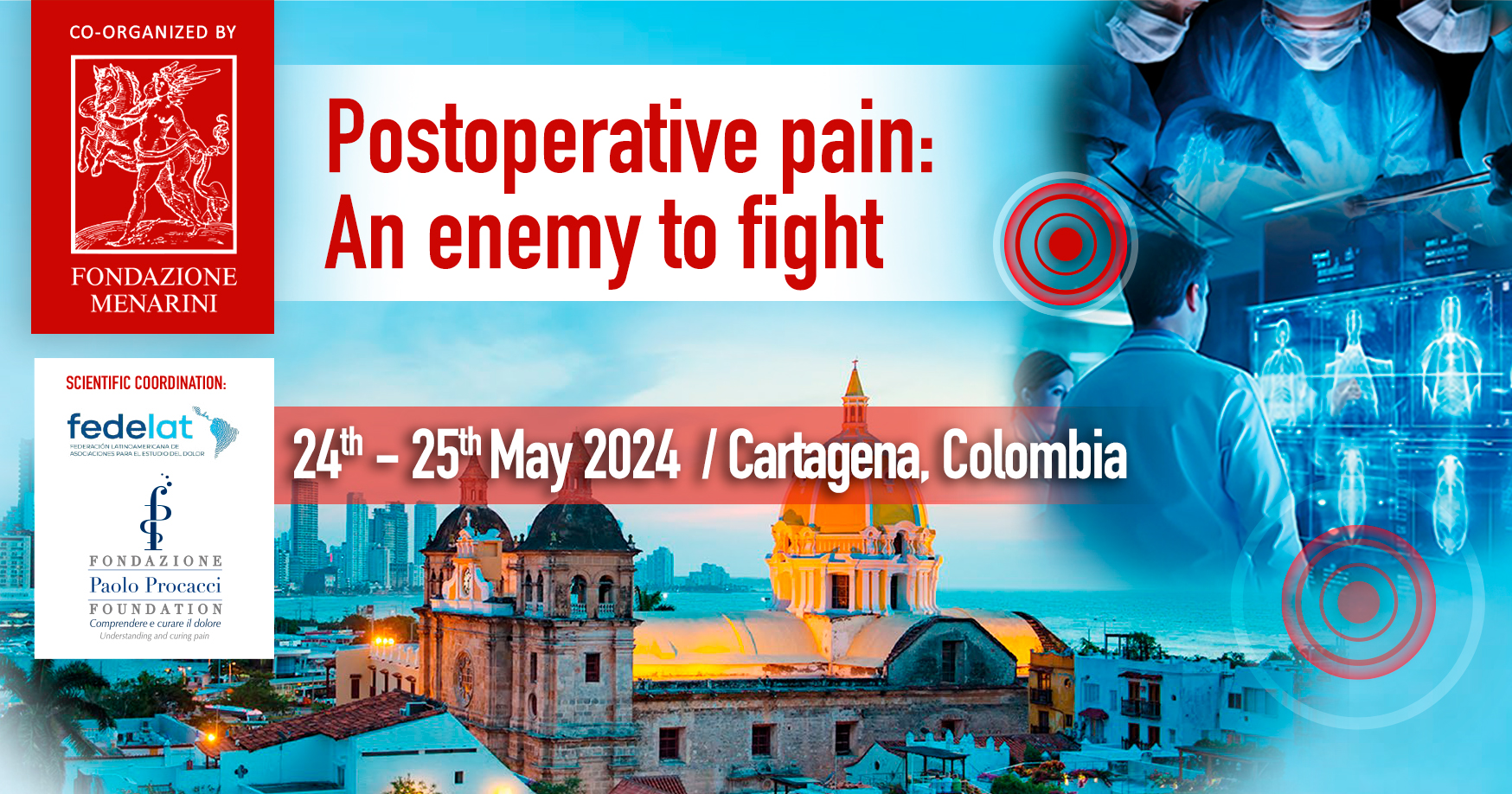
PRESENTATION
The management of postoperative pain is a challenging concern for the perioperative health care providers. The most important scientific societies interested either in pain, in surgery, and several others, including the ones supporting the scientific aspects of nursing worldwide have largely debated this topic in the last decades. The majority of them has produced guidelines either general or for specific aspects of the topic. So, at the moment the literature is plenty of important and well-done guidelines, but still the patients affording a surgical intervention are not completely well treated. Certainly, knowledge of the topic is better than it was 30-40 years ago but we are still far from optimal. More and more problems emerge and each of them requires a specific approach.
The ancient attitude of complete disinterest in this topic, especially on the part of surgeons, has gradually been replaced by important issues such as the absolute indispensability of an optimal organization of the service, in order to guarantee sufficient and continuous analgesia. The next step concerned the quality of the analgesics to be administered and/or the combination of different methodologies to obtain patient satisfaction.
The so-called “opioid crisis”, an almost exclusively American phenomenon, has unleashed a real hurricane in treatment, with an almost total refusal to use this important class of analgesic drugs in postoperative patients. Today the positions are less drastic, having obtained data regarding the real extent of the problem and being less worried; although there are still some who are convinced that the total abolition of post-operative opioids represents the only possibility to prevent potential drug addiction post-surgery.
Other aspects are decidedly more interesting for those interested in the well-being of patients undergoing surgery. The chronicity of untreated or poorly treated acute pain is undoubtedly a very hot topic.
The surgical approach to diseases has also changed, especially with the introduction of new technologies, which have effectively revolutionized surgery. Among other interesting aspects, the evident increase in day-hospital interventions emerges. How to treat postoperative pain in those patients is a very attractive topic, from a scientific and clinical point of view, given that those patients are often discharged from hospital without adequate analgesia. This causes a high incidence of post-operative hospital readmissions solely due to persistent or intolerable pain on the part of the patient.
The Fondazione Internazionale Menarini (FIM) felt it was important to organize a cultural and educational event that explored these various themes. We all hope that the organized program can satisfy some of the needs also present in this geographical area. This in the exclusive interest of the patients who are in our thoughts and to whom we direct all our scientific and educational attention. We are honored that FIM wanted the Paolo Procacci Foundation and FEDELAT as “travel companions” in this initiative. All together, we hope that the event, which brings together experts from various parts of the world, will be of interest to you.
Marco Narvaez Tamayo
Giustino Varrassi